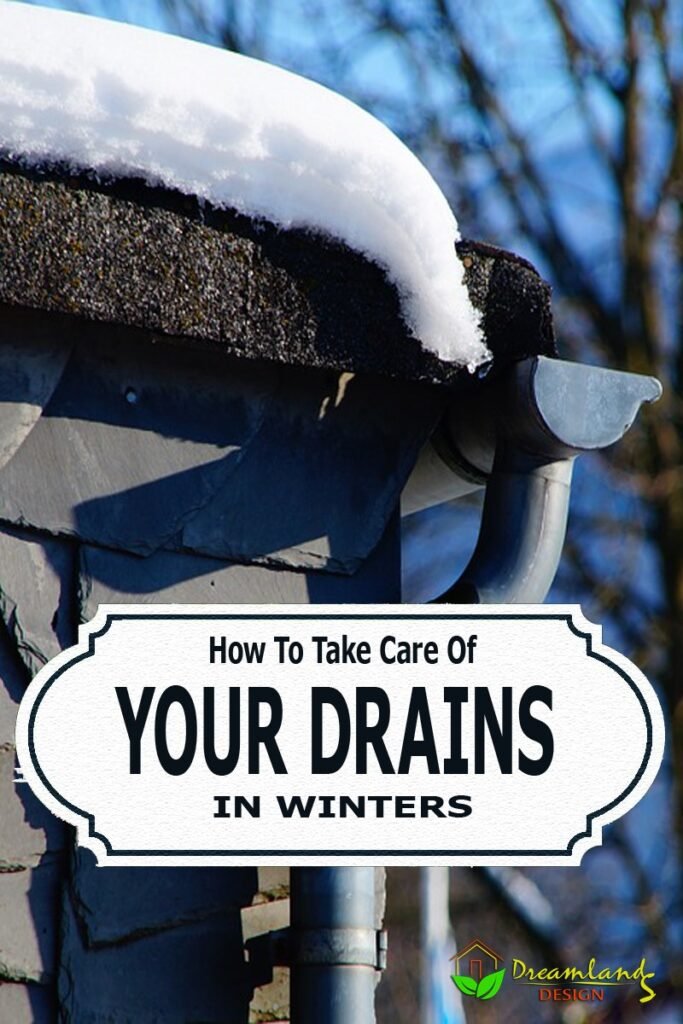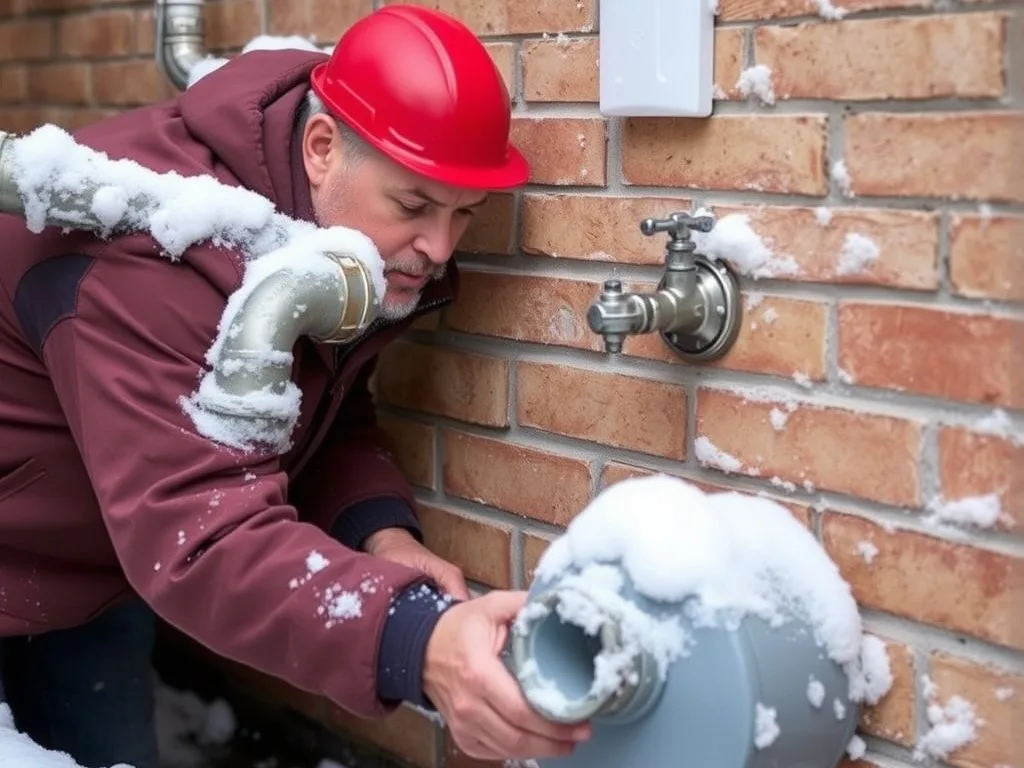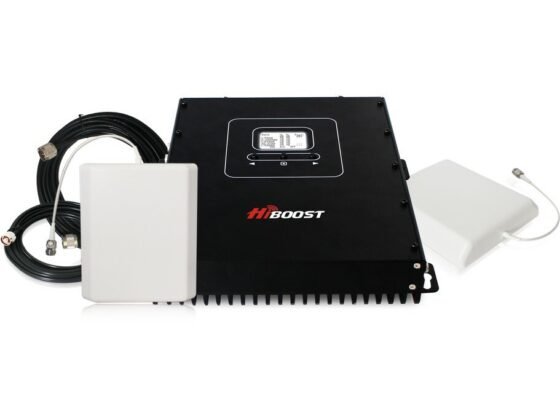Table of Contents Show
Winter is the season of festivals, celebrations, and family get-togethers. On the one hand, it brings happiness all around, but it also brings some difficulties.
During the cold season, you will face many problems, the most common ones related to your drainage system. The chilled climate affects your drain pipes badly, which may worsen over time.
Taking care of drains during the winter months also means selecting the best materials when making your drain in the first place.
This will ensure that during winter months, the structure can withstand the harshness of nature. Many people prefer to use trench drain grates to improve the longevity of their drains.

Due to the drastic and extreme fall of the temperature, a frost will be created down your drain pipes which will stick everything and will stop the smooth flow of water.
As a result, your entire drainage system gets affected, and you will soon be facing problems in your kitchens, bathrooms, and toilets.
The cold weather is bound to affect your drains anyhow. So, the only thing you can do is take some precautions that will help you in stopping the clogging of your drainage system to the maximum extent.
Here, we will point out some tips that will help you in maintaining your drain pipes to a great extent, and how to keep pipes from freezing in winter.
Avoid Putting Grease Down Your Drains
You must be aware of what goes down your drains. For example, it may seem to you that cooking oil won’t have any effect on your drain pipes but, once it goes down your pipes, it cools down and hardens.
As a result, it will eventually, create a clog in your pipe and you will start facing the water-flow problems. So, you shouldn’t allow the grease to go down your kitchen sinks.
Use An Inexpensive Drain Screen
When the bathroom drains get clogged, you face the majority of problems as water starts pooling around. The drainage gets clogged due to fallen-off hair strands, and other stuff. So, you must cover your drain to prevent this unwanted solid stuff from going down.
For this purpose, you can bring in a cheaper drain screen and put it on your drain. This will prevent the drain from getting clogged.
In severe conditions, when your bathroom drain gets clogged, you can use a plunger to remove the clog temporarily to allow the water to flow smoothly. But if it doesn’t work, then you have to call a drainage professional to remove the clog inevitably.
Give Your Drains Treatment Of Baking Soda
Baking soda works well with your drains, and it is the most natural substance to treat your drains without having any side effects, unlike chemical cleaning solvents.
Dissolve half a cup of baking soda and pour it into your drain pipe. Now, pour hot water along with it.
Further, pour one cup of white vinegar down your sink. Allow the mixture to settle down for two hours. This will dissolve the bacteria and scum.
Afterwards, flush your drain with hot water. Repeat this process every month to maintain your drain pipes and prevent them from getting clogged.
Maintain Your Toilet Drains
Toilets consist of a rubber flapper that opens and closes to release water when you flush. This rubber piece will warp over a while and will cause a toilet leakage which is not noticeable until it is too late.
So, it is necessary that you get your toilet checked by the drainage technician at regular intervals to ensure safety.
Monitor Your Water Heater
Water heaters usually come with a long life span, but, when they get clogged, burst, or break down, you are in real trouble.
So, it is important that you get your water heater checked regularly to avoid this blockage and the issues thereof.
Pay close attention to your tank fittings and other related stuff and check out for signs of leakage, rust, or anything of that sort.
This will keep you alert about your water heater. In any case, if you find even a small sign of a problem, don’t delay and call a plumbing professional to solve it.
Prevent Frozen Pipes
We discussed the precautions to be taken, and now we will see the causes of drainage clogs.
Clogging Due to Autumn Leaves
Autumn leaves are one of the most common reasons why your drainage systems or your septic tanks get blocked. Autumn falls before winter, and this will have a huge effect on your drain pipes due to the falling leaves.
So, it is better to sweep away the leaves from your compound around your septic tank which will prevent the leaves from going down. This will prevent the clog to a great extent.
Toilet Issues
A majority of the people do not follow the strict rule of not putting anything other than toilet paper in the commode. They usually, put paper towels, and sometimes even the baby diapers in the toilet and flush them.
As a result, it is bound to create a big clog in your toilet and will stop the water flow. So, make sure, you do not put anything in your toilets except for the paper napkins or the toilet napkins.
Chemical Cleaners
Make sure you don’t use chemical cleaners as they are harmful to your pipes and they cause corrosion of your drains. Chemical cleaners cause huge damage to your pipes over a span of time. So, avoid using them to remove your drain clogs.
Fallen Hair Strands
Hair is again, one of the most common materials causing a clog in your drain pipes. So, you should cover your bathroom drains with a drainage screen to prevent the hair from getting clogged down your drains.
That’s how to prevent frozen pipes and how to keep pipes from freezing in winter. We discussed the causes as well as precautions for the drainage clog.
Even after taking care and precautions, you might face some serious drainage issues at times. In such a bad condition, hire a professional drain unclogging service.
FAQ:
To prevent your pipes from freezing, ensure proper insulation around the pipes, keep the thermostat set to a consistent temperature, and allow faucets to drip slightly during extremely cold weather to keep water flowing.
Avoid putting grease, cooking oil, and any solid waste like hair, paper towels, or baby diapers down your drains, as these can harden or create clogs, especially in cold temperatures.
You can treat your drains naturally by using a mixture of half a cup of baking soda followed by a cup of white vinegar. Allow the mixture to sit for two hours and then flush with hot water to dissolve bacteria and scum.
Regularly check the rubber flapper in your toilet for warping, as it can cause leaks. It’s best to have a drainage technician inspect your toilet periodically to ensure everything is functioning properly.
Chemical cleaners can be harmful to your pipes and may cause corrosion over time. Instead, opt for natural cleaning methods to maintain your drains without damaging them.










